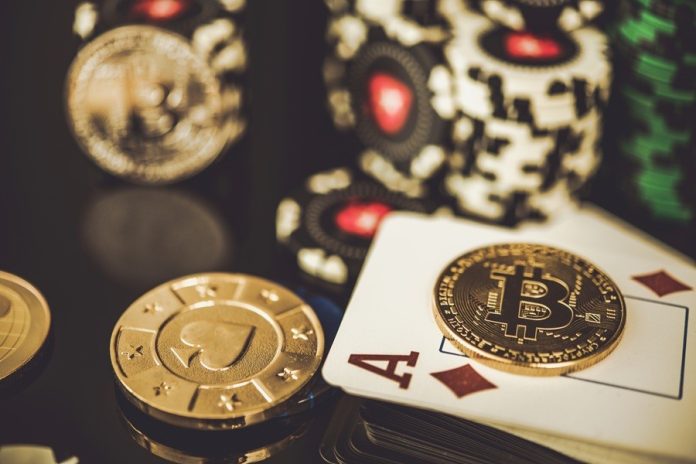The digital revolution has touched nearly every industry, and gambling is no exception. Over the past few years, online casinos have embraced cryptocurrencies like Bitcoin and Ethereum, giving rise to a new era of gaming: crypto casinos. These platforms combine the thrill of traditional gambling with the speed, privacy, and innovation of blockchain technology. And for players and investors alike, the implications are vast.
What Makes Crypto Casinos Different?
At a glance, a crypto casino might look just like any other online gaming platform. But the difference lies under the hood—specifically in how transactions are processed and privacy is maintained. Rather than using fiat currency like pounds or euros, players deposit and withdraw funds using cryptocurrencies.
Here’s what sets crypto casinos apart:
- Fast Transactions: Deposits and withdrawals using crypto can be processed within minutes, unlike traditional banking methods which may take days.
- Increased Anonymity: Players are not required to share personal banking details, providing enhanced privacy and data protection.
- Lower Fees: Without intermediaries like banks or payment processors, transaction fees are often significantly reduced.
- Borderless Play: Crypto casinos are accessible from anywhere in the world, sidestepping currency conversion and cross-border restrictions.
These features not only benefit individual players but also make crypto casinos appealing to global audiences who may have limited access to traditional financial services.
The Impact on the Gambling Industry
As adoption grows, crypto casinos are rapidly altering the landscape of online gambling. Start-ups and established gaming brands alike are launching blockchain-compatible platforms, hoping to capitalise on the growing interest in decentralised finance.
This shift has also spurred innovation in game design. Blockchain-based games offer a feature known as “provably fair”—an algorithm that allows players to independently verify the fairness of each result. This adds a level of transparency that’s difficult to achieve with traditional online casinos.
Moreover, the rise of crypto casinos has forced regulators to catch up. While some jurisdictions have embraced this change and introduced guidelines, others are still figuring out how to manage these platforms within existing legal frameworks. As regulations evolve, crypto gambling is poised to become more mainstream and trusted.
What Players Should Know Before Getting Started
While the excitement of instant deposits and decentralised play is enticing, there are a few things every player should keep in mind before joining a crypto casino:
- Choose Reputable Platforms: Always opt for casinos with positive reviews, solid customer support, and transparent policies.
- Understand the Risks: Cryptocurrency values can be highly volatile. A win today could be worth more—or less—tomorrow.
- Check the Game Providers: Ensure that the games are provided by recognised developers, especially if you’re playing favourites like slots, roulette, or blackjack.
- Play Responsibly: Gambling should always be seen as a form of entertainment, not a financial strategy.
One factor to consider when playing classic table games is how the platform calculates blackjack odds. While crypto casinos often mimic the gameplay of traditional ones, differences in software and rules can impact the house edge. A well-informed player will take time to review these details before diving in.
Conclusion: A New Age for Online Gambling
Crypto casinos represent the next stage in the evolution of online gambling. Their appeal lies not just in technological novelty but in the real benefits they offer: faster transactions, improved privacy, and global accessibility. For players seeking a cutting-edge experience—and for investors watching the fintech space—they’re an exciting development.
As adoption continues to grow and regulatory clarity improves, expect to see even more innovations at the intersection of crypto and casino gaming. Whether you’re spinning the reels or placing bets at a virtual table, the future of gambling is digital—and it’s already here.



 Bitcoin
Bitcoin  Ethereum
Ethereum  Tether
Tether  XRP
XRP  Solana
Solana  USDC
USDC  Cardano
Cardano  TRON
TRON  Lido Staked Ether
Lido Staked Ether  Avalanche
Avalanche  Toncoin
Toncoin